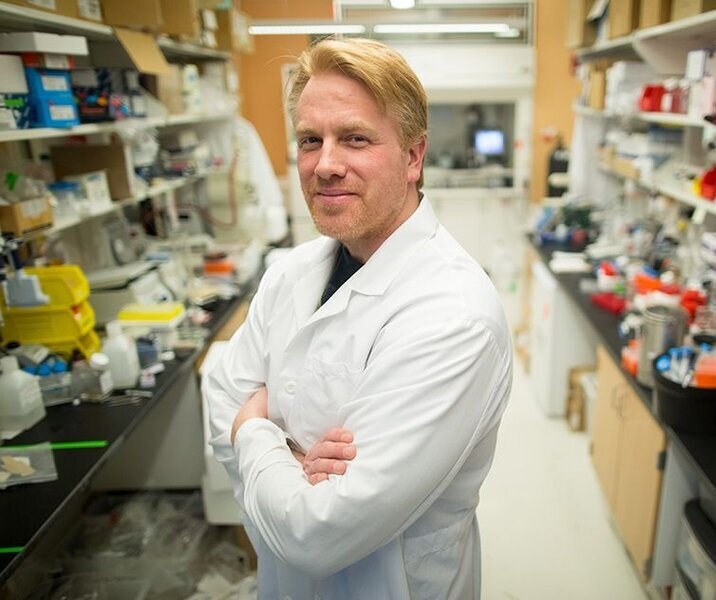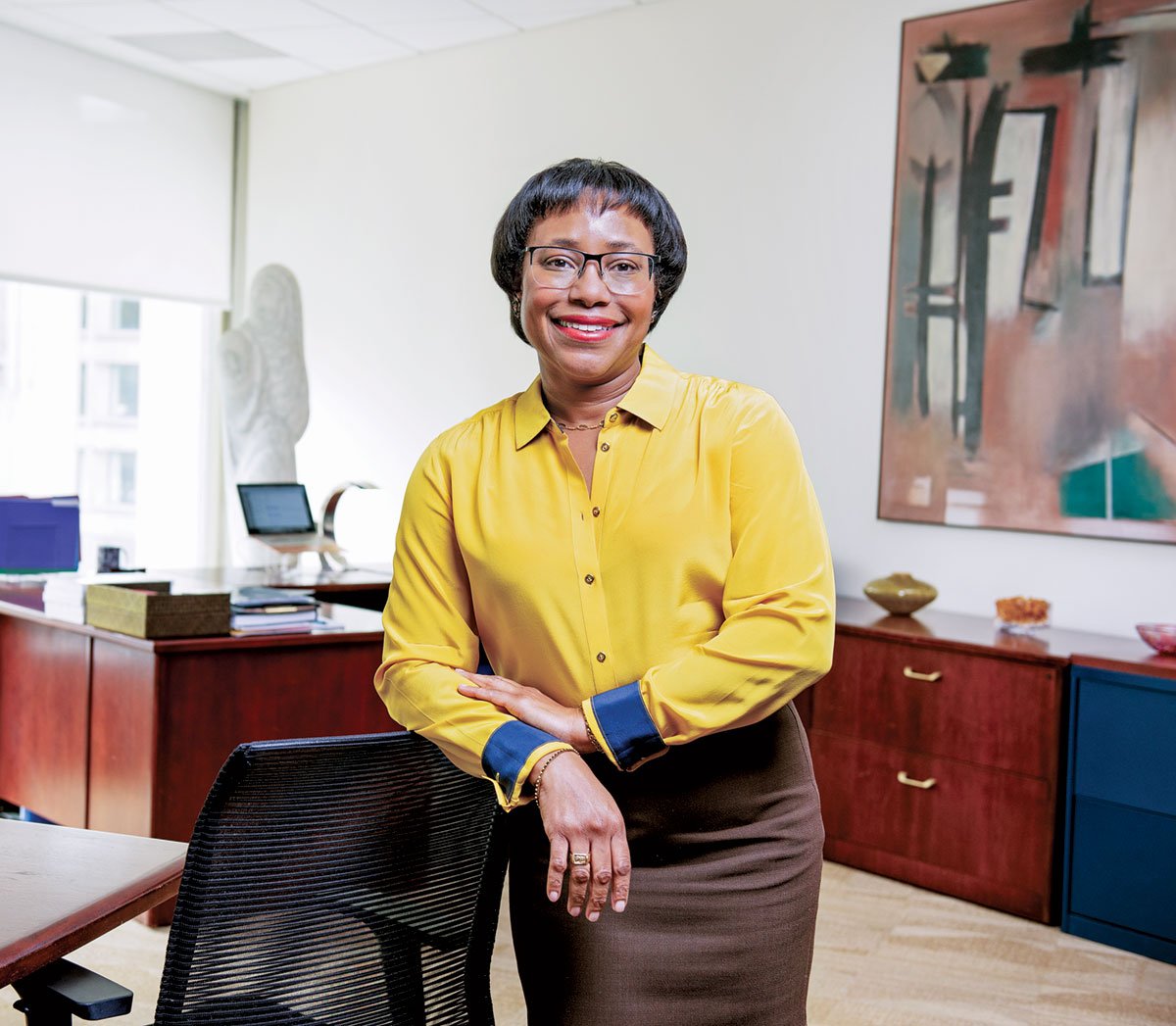June Bulletin
Issue 81
Community Notices
The MIT Koch Institute Summer Symposium on Cancer Vaccines.
Join the Koch Institute at MIT on Friday June 23rd for our summer Cancer Research Symposium on “Cancer Vaccines” featuring featuring keynote speaker Dr. Federica Sallusto.
Marble Center Annual Grant
Annual reports for funded projects to Marble Center research labs are due on June 16th . Next academic year’s RFP will be issued June 23rd. If you have any questions, please contact Tarek Fadel (tfadel@mit.edu).
SAVE THE DATE: Distinguished Seminar with Prof. Gio Traverso on July 17th
Giovanni Traverso is an Associate Professor in the Department of Mechanical Engineering at the Massachusetts Institute of Technology (MIT) and also a gastroenterologist in the Division of Gastroenterology, Brigham and Women’s Hospital (BWH), Harvard Medical School. Dr. Traverso grew up in Peru, Canada and the United Kingdom. He received his BA from Trinity College, University of Cambridge, UK, and his PhD from the lab of Prof. Bert Vogelstein at Johns Hopkins University. He subsequently completed medical school at the University of Cambridge, internal medicine residency at the Brigham and Women’s Hospital and his gastroenterology fellowship training at Massachusetts General Hospital, both at Harvard Medical School. Dr. Traverso’s previous work focused on the development of novel molecular tests for the early detection of colon cancer. For his post-doctoral research, he transitioned to the fields of chemical and biomedical engineering in the laboratory of Professor Robert Langer at MIT where he developed a series of novel technologies for drug delivery as well as physiological sensing via the gastrointestinal tract.
His current research program is focused on developing the next generation of drug delivery systems to enable safe and efficient delivery of therapeutics, biomedical device to support new modes of drug administration and sensing a broad array of physiologic and pathophysiologic signals. Additionally, Dr. Traverso continues his efforts towards the development of novel diagnostic tests that enable the early detection of cancer.
Multimedia
Dr. Yanpu He of the Belcher lab presents his research on STING protein-based in situ vaccine.
In the News
A cancer vaccine combining checkpoint blockade therapy and a STING-activating drug eliminates tumors and prevents recurrence in mice.
(Bendta Schroeder, MIT News) Immune checkpoint blockade therapies have been revolutionary in the treatment of some cancer types, emerging as one of the most promising treatments for diseases such as melanoma, colon cancer, and non-small cell lung cancer. While in some cases checkpoint blockade therapies elicit a strong immune response that clears tumors, checkpoint inhibitors do not work for all tumor types or all patients. Moreover, some patients who do experience an initial benefit from these therapies see their cancers recur. Only a small minority of patients treated with checkpoint blockade therapies see lasting benefits. Researchers have developed various combination therapy strategies to overcome resistance to checkpoint blockade therapies, with the STING pathway emerging as one of the most attractive lines of inquiry.
In a study appearing in Advanced Healthcare Materials, a team of MIT researchers engineered a therapeutic cancer vaccine capable of restoring STING signaling and eliminating the majority of tumors in mouse models of colon cancer and melanoma, with minimal side effects. The vaccine also inhibited metastasis in a breast cancer mouse model and prevented the recurrence of tumors in cured mice. “We have repurposed a naturally existing adaptor protein into a novel, dual-functional cancer vaccine that initiates and sustains an effective antitumoral immunity. The protein complex stimulated robust immune attack and helped form long-term memory against tumors in mouse models of colon cancer and melanoma,” says Angela Belcher, the senior author of the study, a member of the Koch Institute for Integrative Cancer Research, and the head of MIT’s Department of Biological Engineering. Read more…
Faculty awards
Paula Hammond, a leading innovator in nanotechnology and head of MIT’s Department of Chemical Engineering, has been named the recipient of the 2023-2024 James R. Killian Jr. Faculty Achievement Award. Hammond, an MIT Institute Professor, was honored for her work designing novel polymers and nanomaterials, which have extensive applications in fields including medicine and energy. “Professor Hammond is a pioneer in nanotechnology research, with a program that spans from basic science to translational research in medicine and energy. She has introduced new approaches for the design and development of complex drug delivery systems for cancer treatment and non-invasive imaging,” according to the award citation, which was read at the May 17 faculty meeting by Laura Kiessling, the chair of the Killian Award Selection Committee and the Novartis Professor of Chemistry at MIT.
Daniel Anderson has won the 2023 Wilhelm Exner Medal, awarded by the Austrian Industry Association, for excellence in research and science since 1921. Anderson will receive the award during the Wilhelm Exner Medal Foundation’s Exner Lectures, May 22-23 in Vienna, Austria. “Professor Anderson has changed our world,” says Elazer R. Edelman, Edward J. Poitras Professor in Medical Engineering and Science, and the director of the MIT Institute for Medical Engineering and Science (IMES). “The devices, and indeed concepts, he has created have shaped how many think and have enabled new therapies. We are honored to have him as part of our faculty and we celebrate this award with our international community." “The Exner Medal exemplifies a goal of chemical engineering: being able to bring success in the lab out into the world where it can improve lives and the environment,” shares Paula T. Hammond, Institute Professor and the head of the MIT Department of Chemical Engineering. “Dan’s innate ability to bridge his innovative research with entrepreneurial achievement has helped provide lifesaving therapies to people around the world. He is very deserving of this prestigious recognition.”
Jobs
Associate Professor or Professor Cancer Nanomedicine, University of Virginia.
The University of Virginia Cancer Center (UVACC) seeks a distinguished nanomedicine translational researcher (tenured or tenure-eligible Research Faculty at the Associate Professor or Professor level) to join the leadership of the Cancer Center and oversee the nanomedicine efforts of the Cancer Center and direct the nanoSTAR Institute. We are seeking candidates with a PhD and/or MD. We seek to recruit faculty from diverse backgrounds and faculty who value diversity. Candidates are expected to have a nationally-recognized, outstanding, highly collaborative, and extramurally-funded research program commensurate with their career stage focused on the design, characterization, and validation of nanotechnologies for targeted drug delivery. The successful candidate will be responsible for facilitating collaborations within Departments and Centers in the UVA SOM and between groups across UVA (School of Data Science, School of Engineering and Applied Science). It is expected that the person will serve as an interface between the nano-engineering and cancer therapeutics efforts, as well as supporting the educational mission of the UVACCC. Support will include an attractive startup package, laboratory space, and resources to expand the nanomedicine capabilities of the Cancer Center. Read more…
Sr. Scientist, In Vivo Pharmacology/Oncology, Matrisome Bio
Matrisome Bio is seeking a skilled and highly motivated scientist to join a growing team as a Scientist/Sr. Scientist, In vivo Oncology/Pharmacology who can work both independently and collaboratively as part of a team. In this role, the candidate will be responsible for designing and executing in vivo oncology and pharmacology studies to support the oncology drug development programs and participating in a range of in vivo biodistribution, efficacy, imaging, and mechanistic studies. This role is a unique opportunity to join an early-stage startup founded by world renowned experts in ECM biology, oncology, and bioengineering. This is an on-site position based in Cambridge, MA. Read more…
Funding opportunities
| Funding Source | Grant ID | Deadline | Hirshberg Foundation for Pancreatic Cancer Research: Seed Grants | N/A | August 15, 2023 | Michelson Philanthropies and Science: Prize for Immunology | N/A | October 1, 2023 |
|---|












